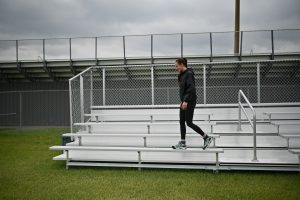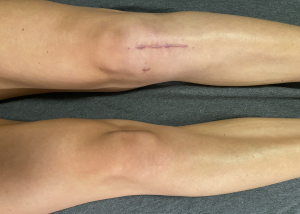ACL and Jaw surgery – what do these have in common?
No single surgery will be the same even if it is for the same injury.
This especially applies to ACLR surgeries since each injury can include (or not include) other injuries like meniscus tears, collateral ligament injuries, bone damage or fractures, different graft types, lateral extra-articular tenodesis procedure and the surgeon themselves!
Now if we broaden this to all types of surgeries, you can see where the commonalities start to fade. My ankle fracture surgery was very differrent to my ACL reconstruction surgery which was very different from my sister’s jaw surgery.
The main thing to take note is that each event can be impactful and life-changing.
In this 15 minute interview, Rachel and I discuss our various experiences with surgery. I have had an ankle surgery and an anterior crutciate ligament reconstruction surgery (ACLR). My sister has had double jaw surgery for dental reasons. We discuss getting back into exercise afterwards, and preparation for surgery.
If you have just injured your ACL and are considering surgery, I wrote the ACL Injuries ebook for exactly that situation. It will help answer some questions about the options of operative or non-operative management, different graft types, how to find a good ACLR physio, mental and physical expectations and milestones and more. Purchase the ebook here.


